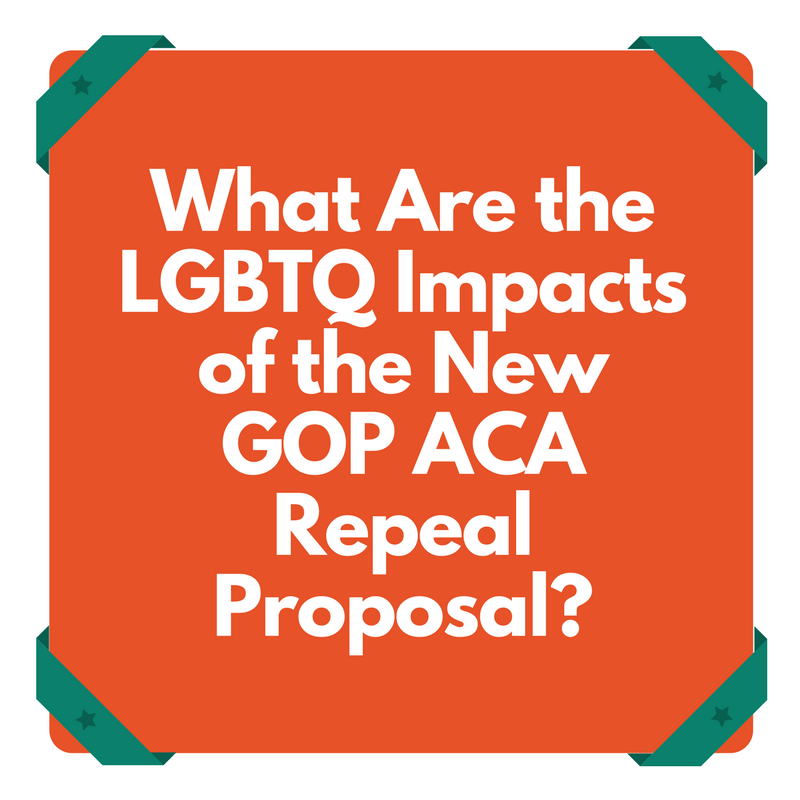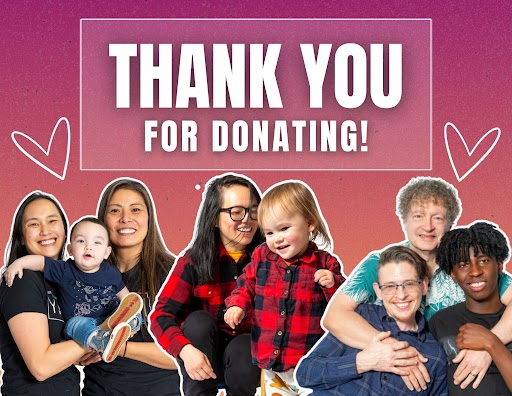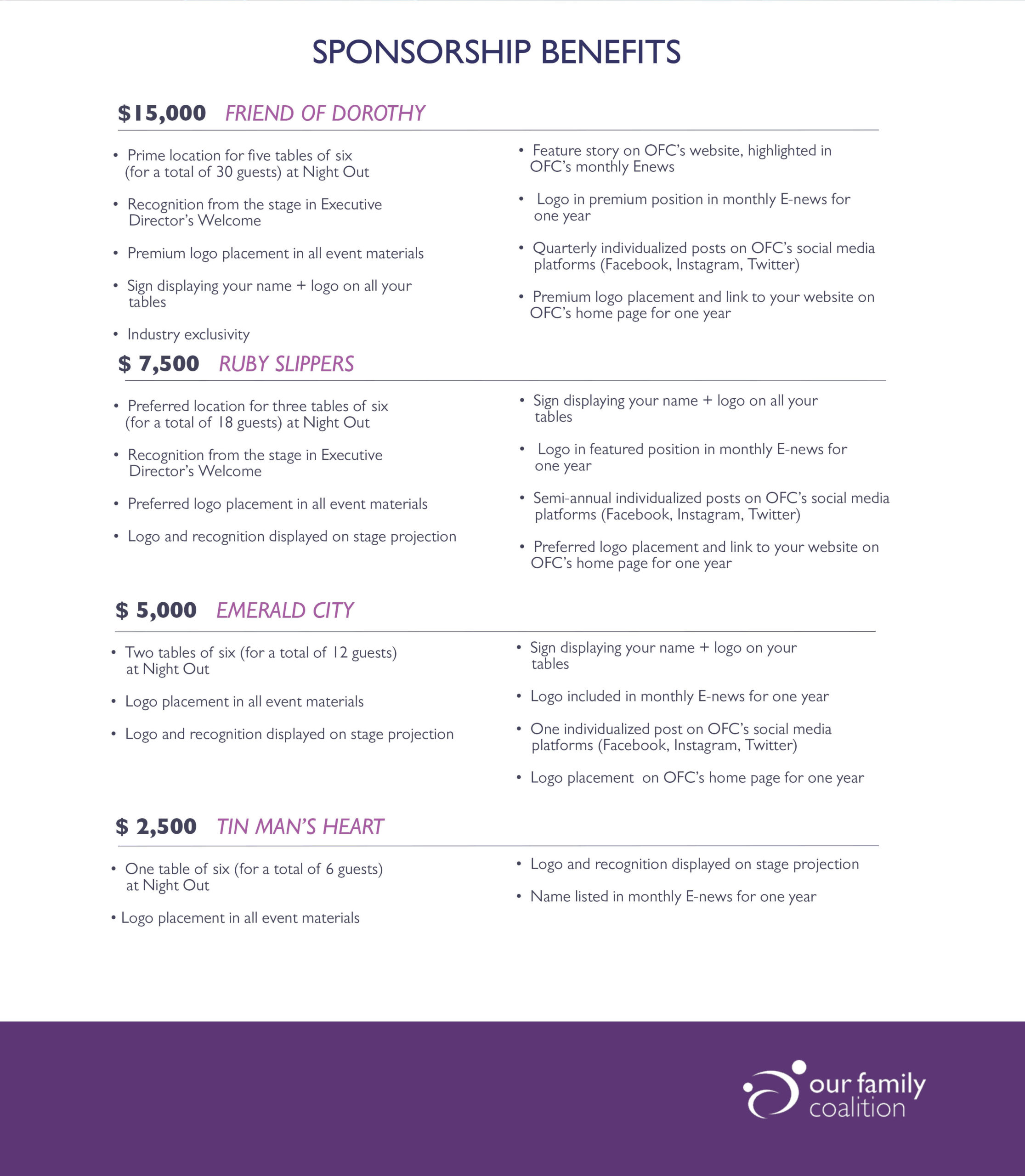Guest post by Amanda Wallner, Director, California LGBT Health & Human Services Network

On March 6, House Republicans released their plan to deliver on campaign promises to repeal the Affordable Care Act and roll back decades of progress in health care. This proposal would undermine the Medi-Cal expansion and Covered California – two programs that expanded access to health care for over 6 million Californians. Not only that, but the proposal includes a cut of $15-20 billion for Medi-Cal and raises copays and deductibles while reducing financial help to pay for premiums and cost sharing for those who purchase their insurance through Covered California; both of these proposals hit low- and middle-income Californians hardest. The Congressional Budget Office has not yet analyzed the proposal– and Republicans in Congress are trying to rush a vote before they have a chance to – however, the likely result is that millions of Californians may go without health insurance once again, and those who maintain coverage could see a dramatic drop in quality.
Three of the top things to know for LGBTQ Californians are:
∙ This proposal disproportionately hurts LGBTQ Californians. The health care gains under the ACA were particularly impactful for LGBTQ people, who are more likely to live in poverty and were less likely to have health insurance or a regular provider. The proposed bill includes tens of billions of dollars in cuts to Medi-Cal and Covered California, making health insurance a luxury that may once again be out of reach for many LGBTQ people.
∙ Planned Parenthood is an important provider of health care for LGBTQ Californians, providing culturally competent sexual health, preventative, and transition-related care throughout the state. The current proposal singles out Planned Parenthood and eliminates reimbursements for care they provide – effectively preventing people from getting their care at Planned Parenthood (see more here).
∙ The proposal threatens to stop, and even reverse, the progress we’ve made at addressing LGBTQ health disparities. Thanks to the ACA, many more LGBTQ Californians have access to health care; including cancer screenings, HIV and STI testing, substance use treatment, and other preventative care that are helping to close LGBTQ health disparities. Losing coverage threatens the health equity gains that we’ve made over the past several decades.
For more updates, you can follow the California LGBT Health & Human Services Network on Facebook and Twitter, or visit the website at CaliforniaLGBTHealth.org/.
Resources:
∙ NCTE: Repealing Obamacare would be devastating for transgender Americans
∙ Health Access: The House Republican Proposal Costs More and Covers Less
∙ Planned Parenthood: The Impact of Defunding Planned Parenthood
∙ Families USA: Healthy and Wealthy Benefit under the House Republicans’ Affordable Care Act Repeal Plan
∙ Fenway Institute: LGBT People and Those Living with HIV Have Benefitted from ACA, Have Much at Stake in Reform Debate
∙ You can read the full bill here: https://energycommerce.house.gov/news-center/press-releases/energy-and-commerce-republicans-release-legislation-repeal-and-replace
Take Action:
∙ Call your member of Congress at (202) 224-3121 or visit a local district office and demand that health coverage be affordable and accessible to all.
∙ Share your story about how the ACA has helped you.
∙ Attend an event! If you would like assistance planning an event for your community, or to help with any of the events below, you can email me at awallner@health-access.org.
- Visit http://fight4ourhealth.org/events/ for an up to date list of events and join the campaign on Facebook.
∙ Share a call to action on Facebook, Twitter, and with your email lists:
Tell Congress: Do not vote to repeal health care!

About the author: Amanda Wallner serves as Director of The California LGBT Health and Human Services Network, a statewide coalition of non-profit providers, community centers, and researchers working collectively to advocate for state-level policies and resources to advance LGBT health and wellness, as part of the movement for LGBT equality.


